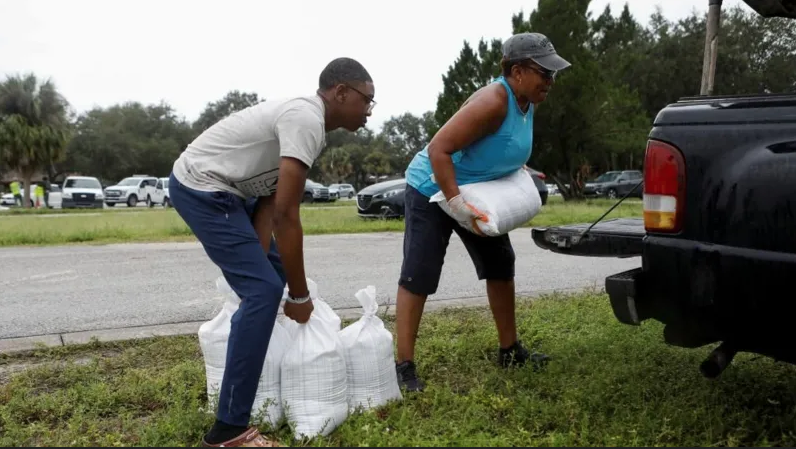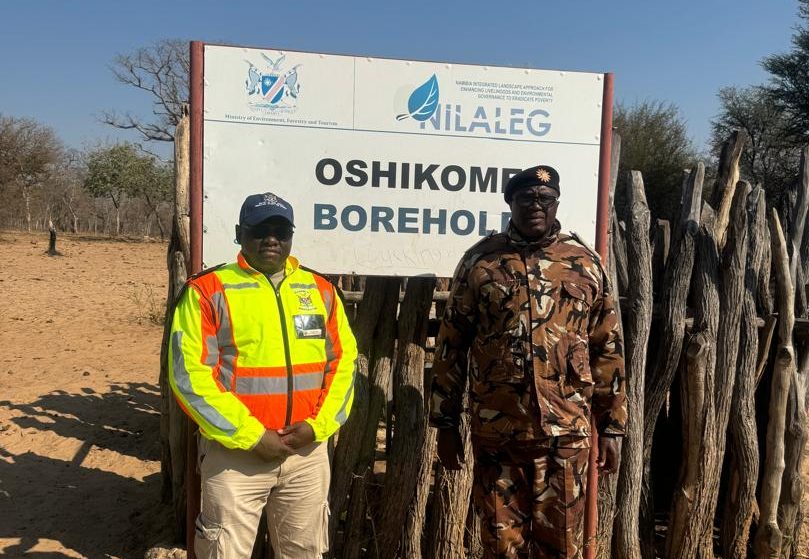Activists hoping for positive sodomy law judgement
Written by on June 20, 2024
A lesbian, gay, bisexual, transgender, queer/questioning and intersex (LGBTQI+) activist and a human rights lawyer say they are hoping for the High Court’s positive judgement on the constitutionality of the criminalisation of sodomy in Namibia.
The judgement is expected to be delivered on Friday.
Friedel Dausab, a gay Namibian man and activist, is challenging the compatibility of the offence of sodomy and related offences with his rights under Namibia’s Constitution.
In an interview by Linda Baumann under the Namibia Media Trust’s ‘Ask The Experts’ podcast earlier this month, lawyer John Nakuta said it is time to address some of the outdated common laws, including the sodomy law.
According to Nakuta, this case is essential, because common law glaringly discriminates against certain parties.
“The same sodomy law does not criminalise the same act between heterosexual persons,” he says.
“On one hand, we say down with colonialism, but on the other hand we are upholding these outdated common law crimes,” Nakuta further said.
The unwritten law, derived from Roman-Dutch law and inherited from South African law, criminalises consensual sex between consenting adult men.
Nakuta said when faced with a legal issue such as Dausab’s case, the court will determine if differentiation is made between people.
If so, the court must ask if this distinction is based on any of the grounds listed in Article 10(2) of the Constitution.
These grounds include sex, race, colour, ethnic origin, religion, creed, or social or economic status.
John Nakuta
Nakuta said Dausab is basing his case on discrimination on the ground of sex and not sexual orientation.
The latter is not listed as a ground in the Constitution.
Thereafter, the court will determine if the distinction invalidates or impairs the equal recognition or enjoyment of rights between people.
If so, it must determine whether the distinction is fair or unfair.
Nakuta said he is hopeful that the law would develop and become more progressive. He says the LGBTQI+ community should know it can still appeal to the Supreme Court.
“There are also international remedies that can be sought, such as approaching the Human Rights Committee of the United Nations,” he said.
“In terms of international human rights law, there is an obligation on the state to go all out to protect the human rights of all citizens,” he said.
If the state ignores the plight of the LGBTQI+ community, it can be held accountable.
Deyonce Naris, the national coordinator of the Transgender, Intersex, and Androgynous Movement of Namibia, said there has been backlash after court hearings on LGBTQI+ issues in recent years.
Following these verdicts, violent attacks against members of the LGBTQI+ community tend to escalate.
“Lately, the courts seem to be leaning towards the protection of human rights. A few positive judgments have been made in the past few years, but the LGBTQI+ community remains conscious of the possibility that the state might appeal,” she said.
When reporting on this matter, the media should remain objective and ethical, she said.
In the past, some media outlets have used incorrect terms that could perpetuate misconceptions about the LGBTQI+ community.
Naris says one such misconception is that the LGBTQI+ community are looking for special rights, which is not the case.
Amnesty International has called on the Namibian authorities to protect LGBTQI+ people against harassment, violence, or discrimination.
“In recent weeks, Amnesty International has observed alarming rhetoric threatening LGBTQI+ persons in Namibia,” said Khanyo Farise, Amnesty International’s deputy regional director for eastern and southern Africa.
“Whatever the outcome of the High Court decision on 21 June, violence and discrimination against LGBTQI+ people have no place in Namibian society.
“The authorities should take decisive action to prevent human rights violations against LGBTQI+ persons and hold perpetrators accountable,” Farise said.
The post Activists hoping for positive sodomy law judgement appeared first on The Namibian.


